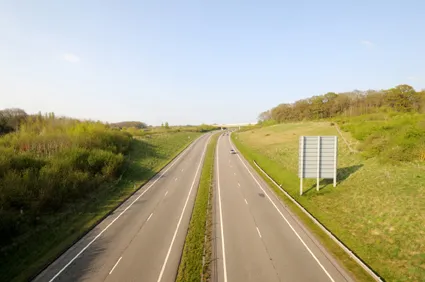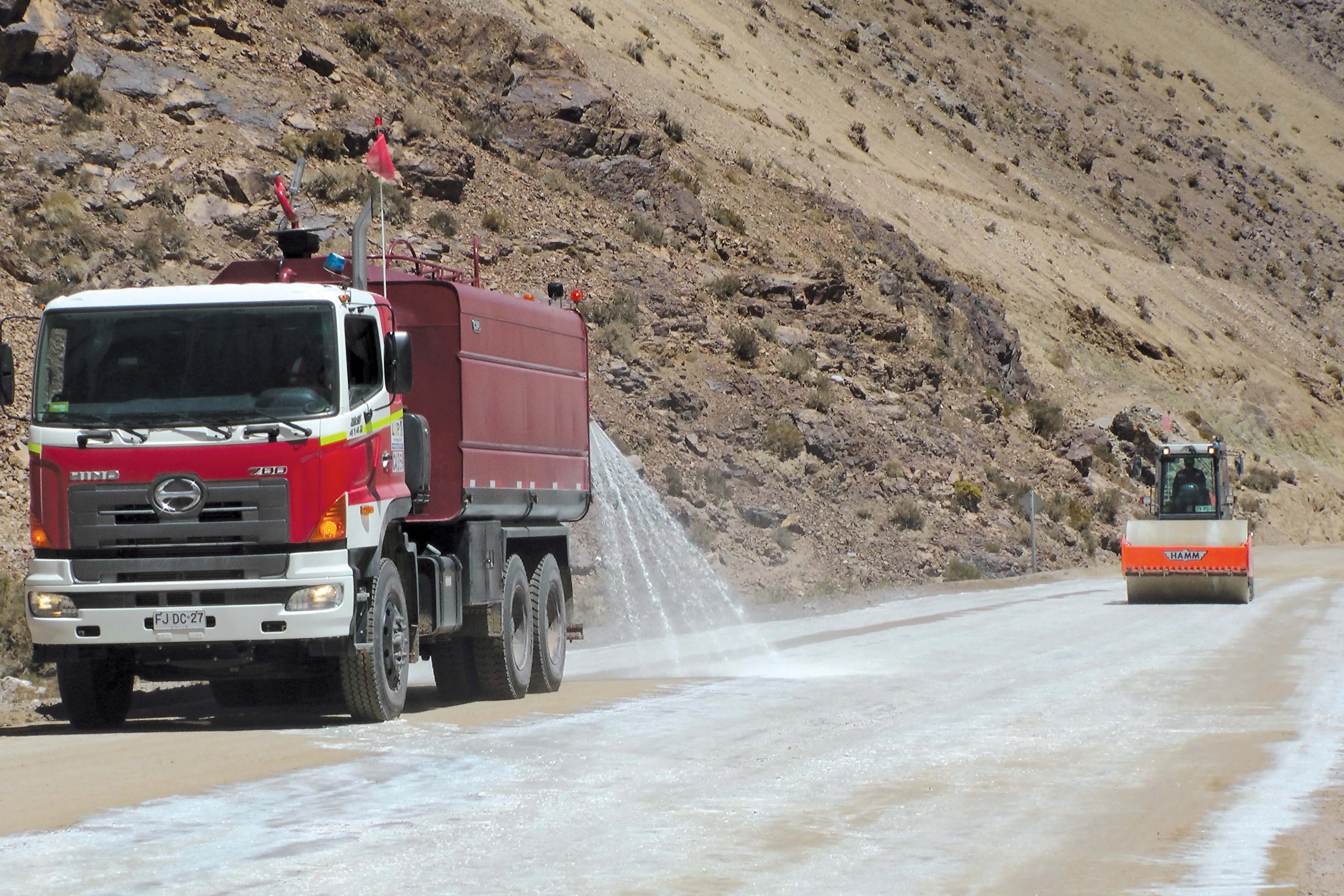CUTAWAY is said to offer a novel approach to reducing the cost of grass management for highway maintenance. This new grass growth regulator can cut the time, costs and environmental impact of managing grass growth. A report by Cranfield University has highlighted the potential to cut costs by up to 45% and up to 60% reduction in C02 emissions during grass management.
February 28, 2012
Read time: 2 mins

This new generation grass growth regulator has been developed by Syngenta and blocks the grass plant's production of gibberellic acid, the plant growth hormone responsible for stem elongation. The result is less vertical leaf growth, with effects lasting for several weeks after application. Energy from the plant is diverted into greater root growth - enhancing stability of the root zone and increasing the plant's water use efficiency, whilst maintaining plant health through periods of stress. The firm says that a single application of CUTAWAY can reduce grass growth by over 35%, with a three spray programme over the course of the season reducing growth by more than 80%.
The product is of particular use along highways with barriers or where roadside furniture makes grass cutting more labour intensive. Trials over successive seasons of repeated use have shown CUTAWAY has no negative effects on key grass species, including ryegrasses, fescues and bents. It has no effect on broadleaved plants or bulbs growing in the grass. CUTAWAY is supplied in the new fully recyclable Syngenta S-pac. The packaging system removes the need for foil seals, eliminating the contaminated waste stream for disposal and the risk of contamination from dropped seals.






